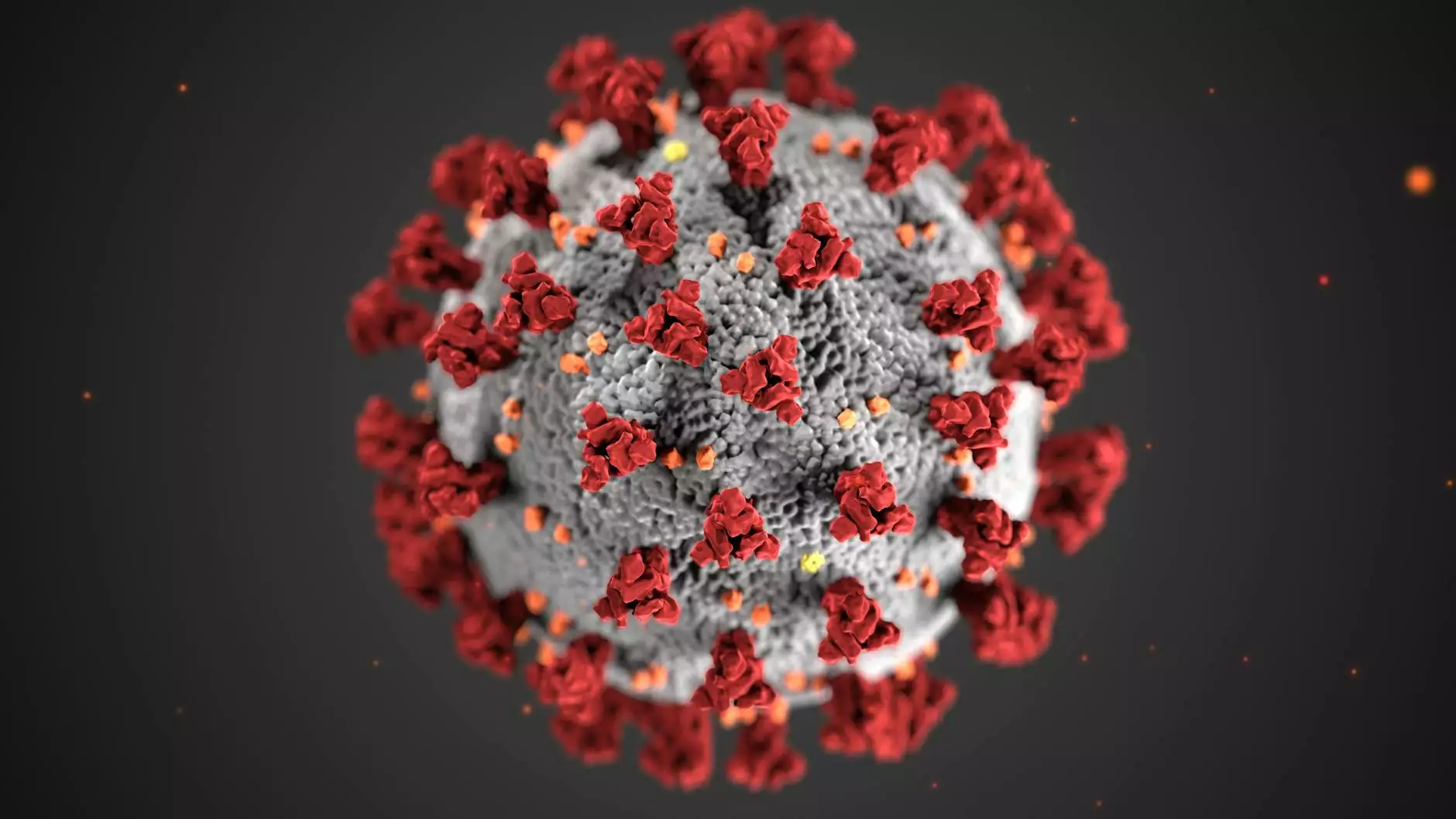Understanding Swollen Calf Causes: A Comprehensive Guide

The Anatomy of Calf Swelling
The calves are made up of muscles, blood vessels, nerves, and connective tissues. When any of these elements are affected by injury or illness, swelling can occur. Understanding the swollen calf causes is essential for diagnosis and treatment.
Common Causes of Swollen Calves
There are multiple reasons that one might experience swelling in the calf area. Below are some of the most common causes:
- Injury: Sports injuries can lead to muscle strain or tears.
- Blood Clots: Deep vein thrombosis (DVT) can cause severe swelling.
- Infection: Conditions like cellulitis can lead to swelling due to inflammation and fluid retention.
- Venous Insufficiency: Poor circulation can result in swelling in the lower legs and calves.
- Heart Problems: Conditions such as congestive heart failure can cause fluid retention and swelling.
- Kidney Disease: Impaired kidney function can affect fluid regulation, leading to swelling.
- Liver Disease: Liver dysfunction can contribute to circulatory issues, resulting in calf swelling.
How to Identify Swollen Calf Causes
If you notice swelling in your calves, it’s vital to identify the underlying cause. Here are some steps to take:
- Visit a Doctor: Schedule a consultation with a healthcare professional.
- Physical Examination: Your doctor will perform a physical examination to check for tenderness or abnormalities.
- Diagnostic Tests: Tests such as ultrasound or blood tests may be required to evaluate circulation and rule out DVT.
- Medical History Review: Discuss any pre-existing conditions or medications with your doctor.
Symptoms Accompanying Swollen Calves
Along with visible swelling, you may experience other symptoms that can help diagnose the cause:
- Pain and Tenderness: This can be particularly pronounced if the swelling is due to injury or infection.
- Changes in Skin Color: Redness or paleness may indicate a more serious condition.
- Heat: An area that feels unusually warm to the touch can signify infection.
- Difficulty Walking: Swelling can restrict mobility and cause discomfort.
Diagnostic Tools for Swollen Calf Causes
Diagnosing the cause of swollen calves may involve several diagnostic tools:
- Ultrasound Imaging: This is commonly used to detect blood clots.
- X-rays: Useful in assessing bone injuries or fractures that could contribute to swelling.
- CT Scans: May be employed to provide detailed images of blood vessels.
- Blood Tests: To check for infection, inflammation, or clotting disorders.
Treatments for Swollen Calf Causes
Treatment will vary based on the underlying cause of swelling. Here’s a closer look:
1. Injury Treatment
If the swelling is due to an injury, your doctor may recommend:
- R.I.C.E. method (Rest, Ice, Compression, and Elevation)
- Non-steroidal Anti-inflammatory Drugs (NSAIDs) for pain relief
- Physical therapy to restore function
2. Managing Blood Clots
Treatment for DVT may entail:
- Anticoagulants (blood thinners) to prevent clot growth
- Compression stockings to aid blood flow
- Surgery in severe cases
3. Addressing Infections
For infections like cellulitis:
- Antibiotics to combat bacterial infections
- Keeping the area clean and protected
4. Chronic Conditions Management
If the swollen calf causes are chronic, such as heart or kidney disease, management may include:
- Medication to control symptoms
- Dietary changes to lower fluid retention
- Regular monitoring by healthcare professionals
Prevention of Calf Swelling
Preventive measures can significantly lower your risk of developing swollen calves. Consider these tips:
- Stay Hydrated: Proper hydration can help avoid fluid retention.
- Exercise Regularly: Engage in activities that promote good circulation, such as walking or cycling.
- Wear Compression Stockings: These can support venous health.
- Avoid Prolonged Sitting or Standing: Move around every hour during long periods of sitting.
When to Seek Medical Help
While mild swelling can often be managed at home, certain situations necessitate immediate medical attention:
- If swelling occurs suddenly and is accompanied by shortness of breath
- Severe pain in the calf area that does not improve
- If swelling is associated with fever or redness
- Signs of a stroke, such as facial drooping or difficulty speaking
Final Thoughts on Swollen Calf Causes
Understanding the swollen calf causes is crucial for obtaining the right treatment and preventing future issues. Prompt attention to symptoms allows for better management of this condition. If you experience calf swelling, consider reaching out to specialists in vascular medicine, like those at Truffles Vein Specialists, who can provide expert evaluation and care.
© 2023 Truffles Vein Specialists. All Rights Reserved.









